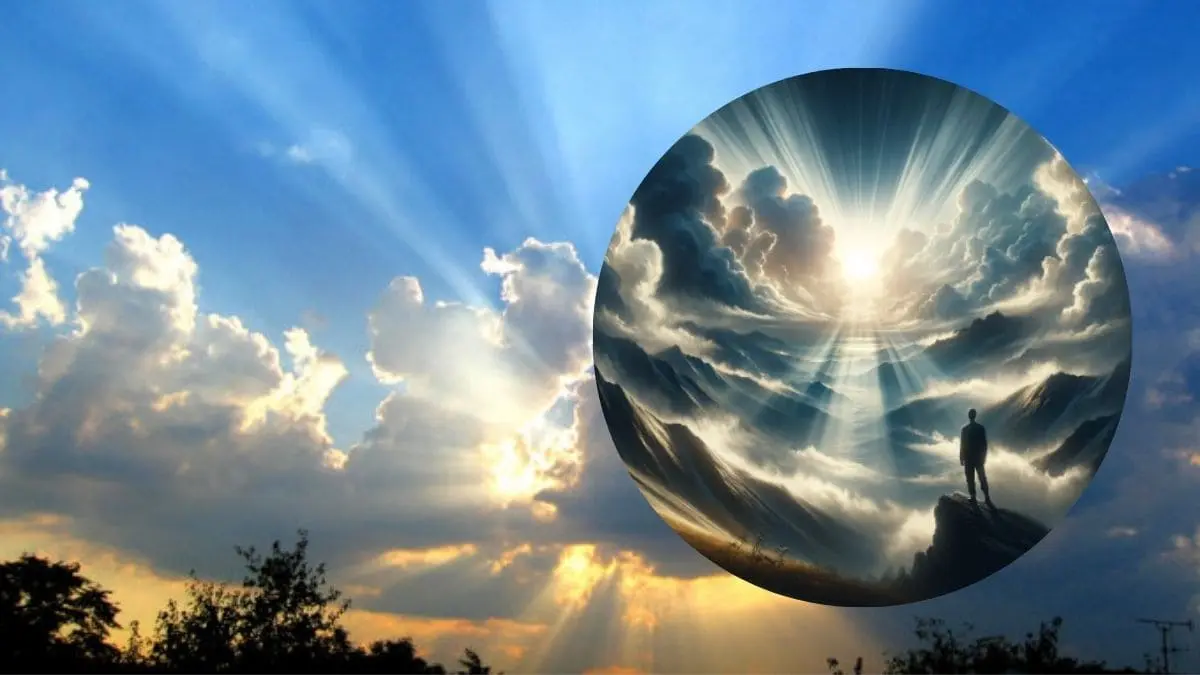Who is the most powerful God in the world across different religions and cultures. Explore the divine powers and myths of deities like Shiva, Zeus, Odin, Ra, and the Almighty in this
Who is the Most Powerful God in the World?
The concept of the most powerful god in the world has been a subject of fascination and reverence across diverse cultures and religions. Throughout history, humanity has worshiped deities believed to wield immense power, each representing the ultimate force of nature, creation, and destruction. In this comprehensive exploration, we delve into various religious traditions to understand the deities that have been regarded as the most powerful, examining their attributes, myths, and the roles they play within their respective belief systems.
The Hindu Pantheon: Lord Shiva – The Destroyer
In Hinduism, Lord Shiva is revered as one of the most powerful deities. Known as the Destroyer within the Trimurti (the Hindu trinity, alongside Brahma and Vishnu), Shiva’s role is to destroy the universe in order to recreate it. This cyclical process of destruction and creation is essential to the cosmic order.
Attributes and Symbolism
Shiva is often depicted in deep meditation, symbolizing his control over the mind and the power of asceticism. His third eye represents his ability to see beyond the physical world, and when opened, it unleashes a powerful force that can destroy evil. The serpent around his neck signifies his mastery over dangerous creatures and his connection to the life force. The trident he carries represents the three fundamental aspects of existence: creation, maintenance, and destruction.
Mythological Stories
Shiva’s most famous myth is his role in the Samudra Manthan (the churning of the ocean of milk). When poison emerged from the ocean during the churning, it threatened to destroy the universe. Shiva drank the poison, which turned his throat blue, earning him the name Neelkanth (the blue-throated one). This act of self-sacrifice highlights his immense power and compassion.
Greek Mythology: Zeus – The King of the Gods
In Greek mythology, Zeus is the King of the Gods and is often considered the most powerful deity. He rules over the sky and thunder, wielding the thunderbolt as his weapon. Zeus is the leader of the Olympian gods and plays a crucial role in maintaining order among both gods and humans.
Attributes and Symbolism
Zeus is depicted as a powerful, regal figure with a lightning bolt in his hand, symbolizing his control over the elements. His throne on Mount Olympus is the seat of his authority, and his decisions impact both the divine and mortal worlds. The eagle, his sacred animal, represents strength and kingship.
Mythological Stories
One of the most famous myths involving Zeus is his defeat of the Titans, which established him as the supreme ruler of the cosmos. Zeus also played a pivotal role in the Trojan War, influencing the outcome through his decisions and interventions. His numerous relationships with goddesses and mortals further expanded his influence across the world, fathering many important figures in Greek mythology.
Norse Mythology: Odin – The Allfather
In Norse mythology, Odin is known as the Allfather, the chief of the Aesir gods, and is revered for his wisdom, war prowess, and mastery of magic. As the ruler of Asgard, Odin is a multifaceted deity, associated with knowledge, healing, death, and the runic alphabet.
Attributes and Symbolism
Odin is often portrayed as an old man with one eye, having sacrificed the other to gain wisdom from the Well of Mimir. He is accompanied by his two ravens, Huginn and Muninn, who fly across the world to bring him information. His spear, Gungnir, symbolizes his authority and is known to never miss its target. Odin’s eight-legged horse, Sleipnir, is the fastest and most powerful steed in the cosmos.
Mythological Stories
Odin’s quest for knowledge is central to many Norse myths. He hung himself from the World Tree, Yggdrasil, for nine days and nights to learn the secrets of the runes, which gave him immense magical power. Odin is also known for his role in Ragnarok, the prophesied end of the world, where he will lead the gods into battle against the giants, knowing he is fated to die but choosing to fight for the greater good.
Egyptian Mythology: Ra – The Sun God
In ancient Egyptian religion, Ra is the Sun God and one of the most important deities. He is often regarded as the creator of the world, the bringer of life, and the ruler of the sky. Ra’s daily journey across the sky symbolized the cycle of life, death, and rebirth.
Attributes and Symbolism
Ra is depicted with the head of a falcon and a solar disk above his head, symbolizing his connection to the sun. He travels across the sky in his solar boat, illuminating the world and ensuring the continuation of life. Ra’s power is so great that he is often merged with other gods, such as Amun, forming the deity Amun-Ra, who was worshiped as the king of the gods during the New Kingdom.
Mythological Stories
One of the key myths involving Ra is his nightly journey through the underworld, where he battles the serpent Apophis, who represents chaos and darkness. Ra’s triumph over Apophis ensures that the sun will rise again, symbolizing the victory of order over chaos. This daily victory is a testament to Ra’s unmatched power and his role as the sustainer of life.
Abrahamic Religions: God – The Almighty
In the Abrahamic religions (Judaism, Christianity, and Islam), God is considered the Almighty, the creator of the universe, and the ultimate source of all power. Unlike the polytheistic deities mentioned earlier, the God of the Abrahamic faiths is a singular, omnipotent being who is beyond human comprehension.
Attributes and Symbolism
God is often described as omnipotent, omniscient, and omnipresent, embodying the qualities of love, justice, and mercy. In Christianity, God is often referred to as the Holy Trinity: the Father, the Son (Jesus Christ), and the Holy Spirit, each representing different aspects of the divine. In Islam, God is known as Allah, and is emphasized as the one and only, without any partners or equals. In Judaism, God is referred to as Yahweh or Adonai, the covenant-keeping God who is deeply involved in the lives of His people.
Scriptural References
In the Bible, God’s power is evident from the creation of the world in Genesis to the miraculous events throughout the Old and New Testaments. The Quran emphasizes God’s absolute authority, as seen in verses like Surah Al-Ikhlas, which declares God’s oneness and unique nature. In the Torah, God’s covenant with Abraham and the deliverance of the Israelites from Egypt are key examples of His divine intervention and power.
Conclusion
The question of who is the most powerful god in the world does not have a simple answer, as it varies based on cultural, religious, and personal beliefs. From Shiva’s role as the cosmic destroyer to Zeus’s dominion over the sky, Odin’s quest for knowledge, Ra’s daily journey across the heavens, and the Abrahamic concept of an omnipotent God, each tradition offers a unique perspective on divine power. These deities and their myths continue to influence millions of believers around the world, each holding their god as the most powerful.

